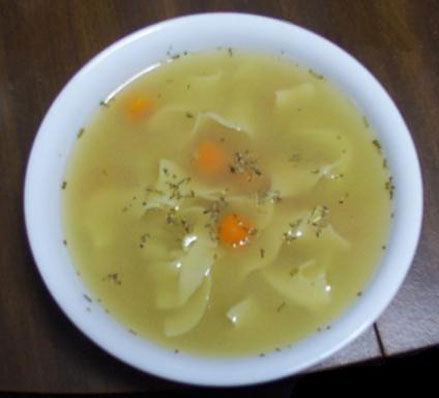Read a doctor's practical tips on preventing swine flu both at home and in the classroom. Here's what you need to know and do, without getting everyone hysterical.
As kids gear up for back-to-school, adults may be leery about health concerns. The recently CDC reported 436 deaths and 6,506 hospitalizations nationwide associated with Swine Flu. No one knows what this school year has in store, so what must be done to make sure your child’s classroom is Swine Flu safe?
Practical Swine Flu Tips for Parents and Teachers:
• Teach children to wash their hands throughout the day. Keep anti-bacterial pumps accessible around the house and in the classroom. Explain what the pumps are and when it’s appropriate to use them.
• Remind children not to touch their eyes, nose and mouth with their hands. Germs are spread when a child touches something that is contaminated and then touches her or his eyes, nose or mouth. Also they spread when kids sneeze and cough without covering their nose and mouth.
• Tell children that sharing food and drink will also spread germs.
• Explain the importance of getting at least 8-10 hours of sleep a night. Make kids aware of how it affects how they feel, their energy level, their moods, etc. the next day.
• Teach your children to eat three full meals and several snacks a day which are balanced complex carbohydrates, protein and are chock full of fruit and vegetables. Stay away from pre-prepared, high sugar, soda and preserved foods.
• Keep children hydrated. Kids should be drinking 4-6 glasses of water a day. Help them choose water over sugary drinks.
• Dissuade children from sharing cups, straws and bottles and explain that anything they have direct mouth contact with will spread the germs.
• Make sure the children are getting sufficient exercise. Children should be doing aerobic activity at least 5 days a week during recess, gym class or after-school sports.
• If teachers notice a child with the beginning symptoms of a flu or cold, let their parents know immediately. Helping prevent the flu or cold developing with vitamin C, hydration, rest and chicken soup is critical.
• Don’t send sick children to school; likewise, send them home if they get sick at school. Allowing children to stay in school is the fastest way to spread germs and illness.
• Teachers should send a “Flu Prevention Tips” letter home with students to give to their parents. The same tips should be practiced at home to assure a healthy school year.
How to Not Go Overboard with Swine Flu Prevention:
• There is no need to frighten the children by wearing a mask or using gloves. If they see their parent or teacher being hysterical or nervous, they will imitate and results will be counter productive.
• There is no reason to explain in detail the symptoms or effects of the flu to children. Younger children will not understand and adolescents will get scared. Teaching them to maintain healthy lifestyles is all they need to learn from you.
Dr. Erika Schwartz is the Medical Director of Cinergy Health
Dear Reader: This page may contain affiliate links which may earn a commission if you click through and make a purchase. Our independent journalism is not influenced by any advertiser or commercial initiative unless it is clearly marked as sponsored content. As travel products change, please be sure to reconfirm all details and stay up to date with current events to ensure a safe and successful trip.

